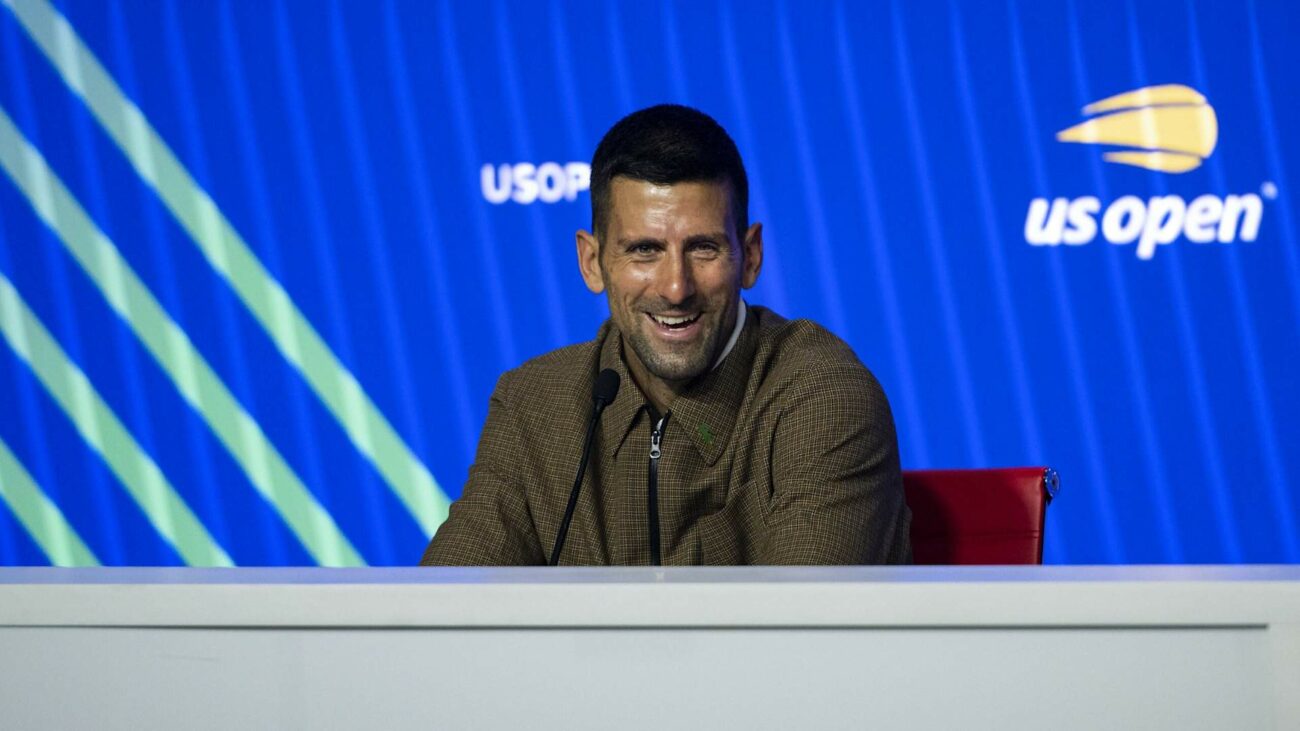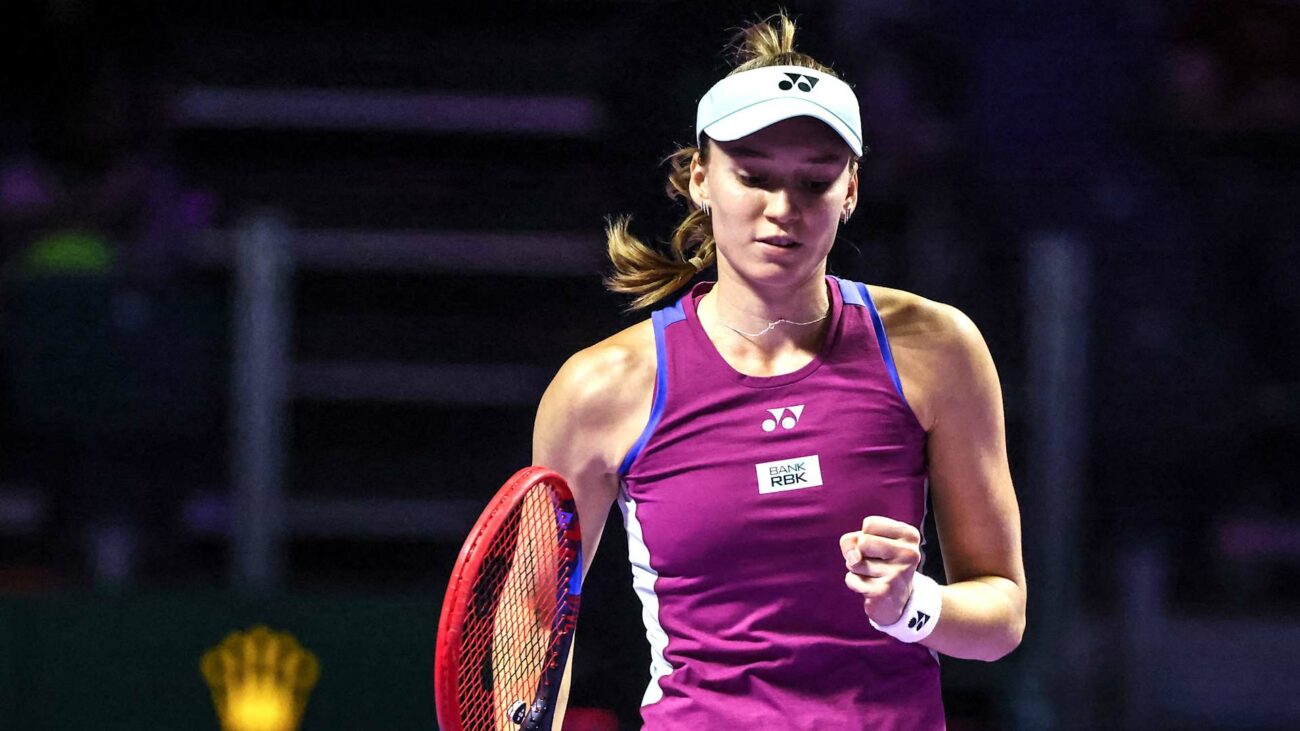The World Anti-Doping Agency (WADA) is facing scrutiny for its handling of doping cases, with concerns raised about inconsistencies in rulings and the potential for financial disparities to influence outcomes.
In the recent Simona Halep case, the International Tennis Integrity Agency (ITIA) found Halep guilty of doping based on scientific evidence, resulting in a four-year suspension. However, the Court of Arbitration for Sport (CAS) overturned the decision, reducing her suspension to nine months.
Experts have expressed concerns about the starkly different rulings, suggesting that the system may be flawed. Sources close to the investigations have questioned the fairness of the process, particularly when players have access to expensive legal representation.
Novak Djokovic has also weighed in on the issue, highlighting the lack of standardized protocols and the perception that players with financial resources receive preferential treatment. He called for changes to ensure equal treatment for all athletes.
The anti-doping enforcement process has become increasingly complex, with players able to challenge findings through private blood tests and expert witnesses. This has led to lengthy waiting periods for suspended players who cannot afford to appeal.
As a result, there is a growing sense that the system is unfair, with some players able to escape punishment while others face severe consequences. WADA is urged to re-evaluate its procedures and address the concerns raised to ensure the integrity of sports and the fair treatment of all athletes.






